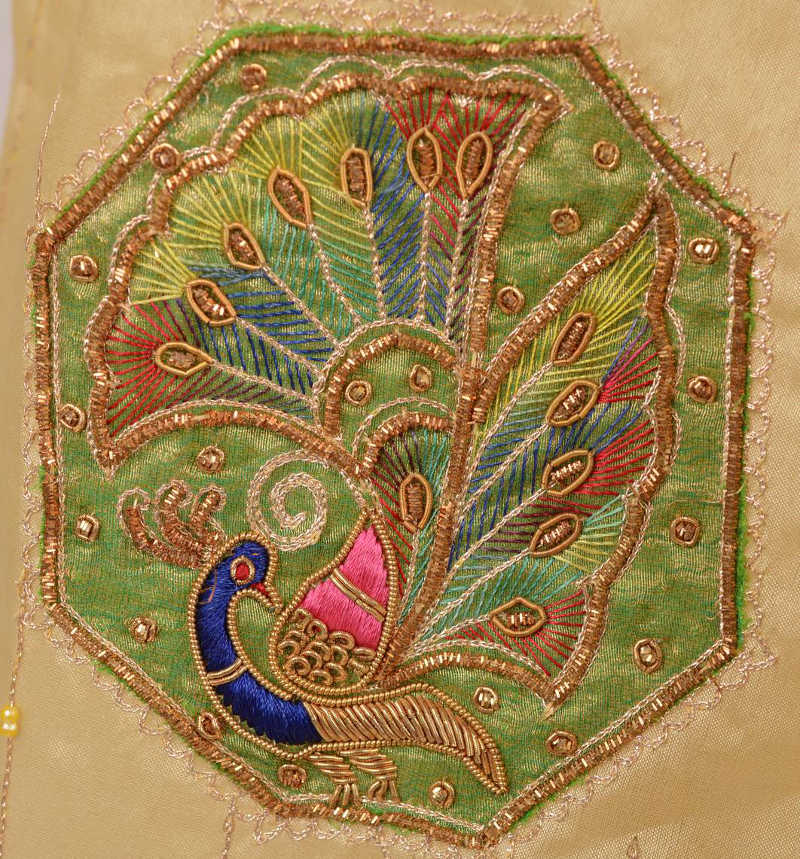===
0420,
5
===

=== |
 |
mire aage nahii;N ha;Nstaa to aa ik .sul;h kartaa huu;N
bhalaa mai;N ro))uu;N do daryaa tabassum kar tuu yak pastah
1) if in my presence you don't smile/laugh, then-- come, I propose/'make' a single/particular/unique/excellent treaty/compromise
2) very well, if I would weep two oceans-- you give [imperative] a single low/inferior smile!
.sul;h : 'Peace, reconciliation, truce, agreement, concord; compromise; treaty'. (Platts p.746)
bhalaa : 'adv. & intj. Well, very good; how fortunate! forsooth, in sooth, of a truth; strange'. (Platts p.190)
past (source of pastah ): 'Low, humble; abject, mean, base, vile'. (Platts p.262)
FWP:
SETS == EK; HUMOR
MOTIFS
NAMES
TERMS == FRESH WORDWell, to answer SRF's final question, it could also be that weeping two oceans is difficult, but being deprived by the beloved of even a half-hearted smile is still more difficult. Or it's possible that seeing the lover weep two oceans might be the very thing (or the only thing?) that could actually induce the cruel beloved to show even the tiniest smile. And that smile is to be, exotically, pastah ; as SRF notes, this rare usage earns 'fresh word' credit for the verse.
Since it must fit into a short syllable, in the first line to ('then') seems decidedly preferable to tuu ('you').
The real charm of the verse is in the cozy, confident, teasing tone (shown in the aa , the bhalaa ) that makes for a feeling of informality and even intimacy, of good-natured repartee, of his jollying her along with his eccentric proposals until she has to laugh-- or at least smile.